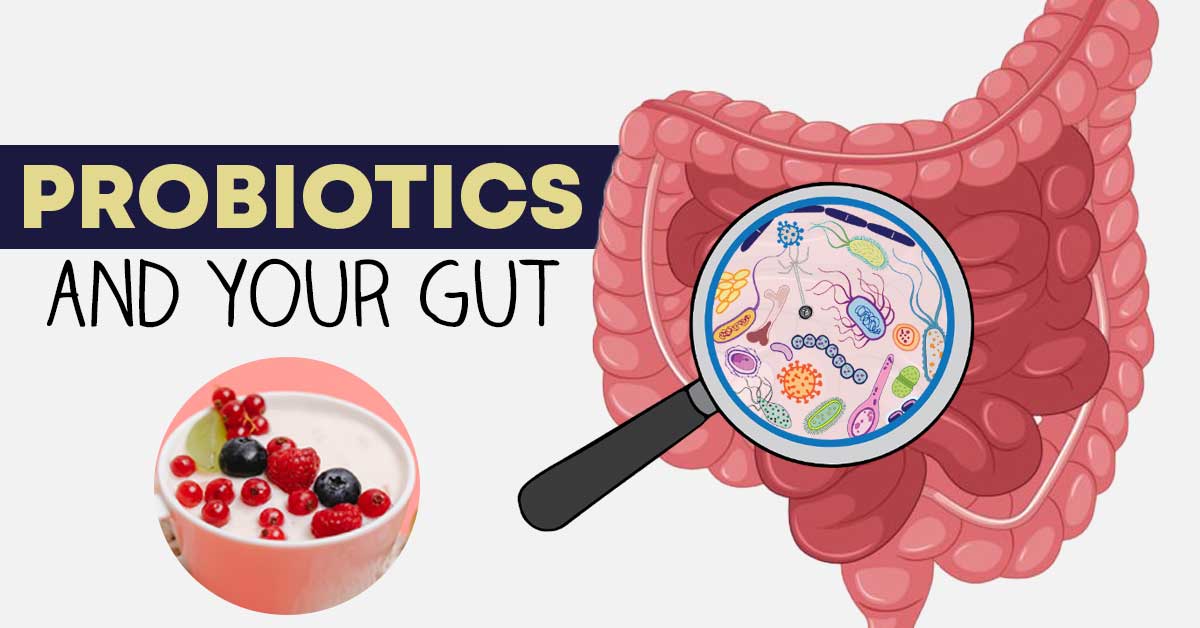It’s no secret that bacteria can make us sick. It is found on countless surfaces we encounter each day, which is why it is necessary that we wash our hands to wipe off that bacteria. This is also why it is important to wash all of the fresh food you bring home from the grocery store.
But there is a category of bacteria we intentionally eat and it has great health benefits.
Probiotics are live bacteria found in some foods and supplements that can aid in strengthening your gut health and as a result, your overall health.
How do probiotics work?
In a simple sense probiotics are the “good bacteria” that fight to maintain a healthy balance in your body.
Your bodies microbiome is the unique combination of microbes that regulate your health. These microbes consist of bacteria, fungai, viruses, and protozoa. Probiotics help maintain a balance between good and bad bacteria.
Probiotics are beneficial in helping your body digest food while limiting gas, bloating, diarrhea, and other digestion concerns. Consuming probiotics in your diet can aid in boosting the health of your gut microbiome which will aid in boosting nutrient absorption in your gut.
What makes a bacteria a probiotic?
Understandably, the majority of bacteria are not probiotics. For bacteria to be classified as a probiotic, it must be safely consumed with positive benefits and be able to survive in your intestine after being digested.
The majority of probiotics are stored in your gut, but some can also be found in your mouth, urinary tract, skin, and lungs.
What foods contain probiotics?
The most popular source of probiotics is yogurt. Because yogurt is widely available and comes in many different brands and flavors, it is an easy choice.
Here are a couple of other common sources of probiotics that come with their own stipulations to watch for:
- Cheese – most types of cheese are minimally beneficial as a source of probiotics, but fermented soft cheeses are acceptable sources.
- Pickles – these must be naturally fermented, not the vinegar kind commonly seen in stores.
- Sauerkraut – must be the unpasturized kind.
- Supplements – Because you may not be getting probiotics in your diet, there are a number of supplement options available. See below for more details.
How probiotics aid your overall health
According to research shared by Harvard, the following conditions, as well as a few others are believed to be aided by the consumption of probiotics:
- Irritable bowel syndrome
- Diarrhea
- Ulcerative colitis
- Crohn’s disease
- Vaginal infections
- Urinary tract infections
Many of your digestive processes are reliant on having the correct balance of bacteria. To fill the gap and effectively better balance your diet, probiotic consumption can help restore this natural balance and aid in better digestion.
Whether you have been dealing with digestion issues or not, adding probiotic supplements to your diet can be a great way to increase the effectiveness of your gut and aid your overall health.


